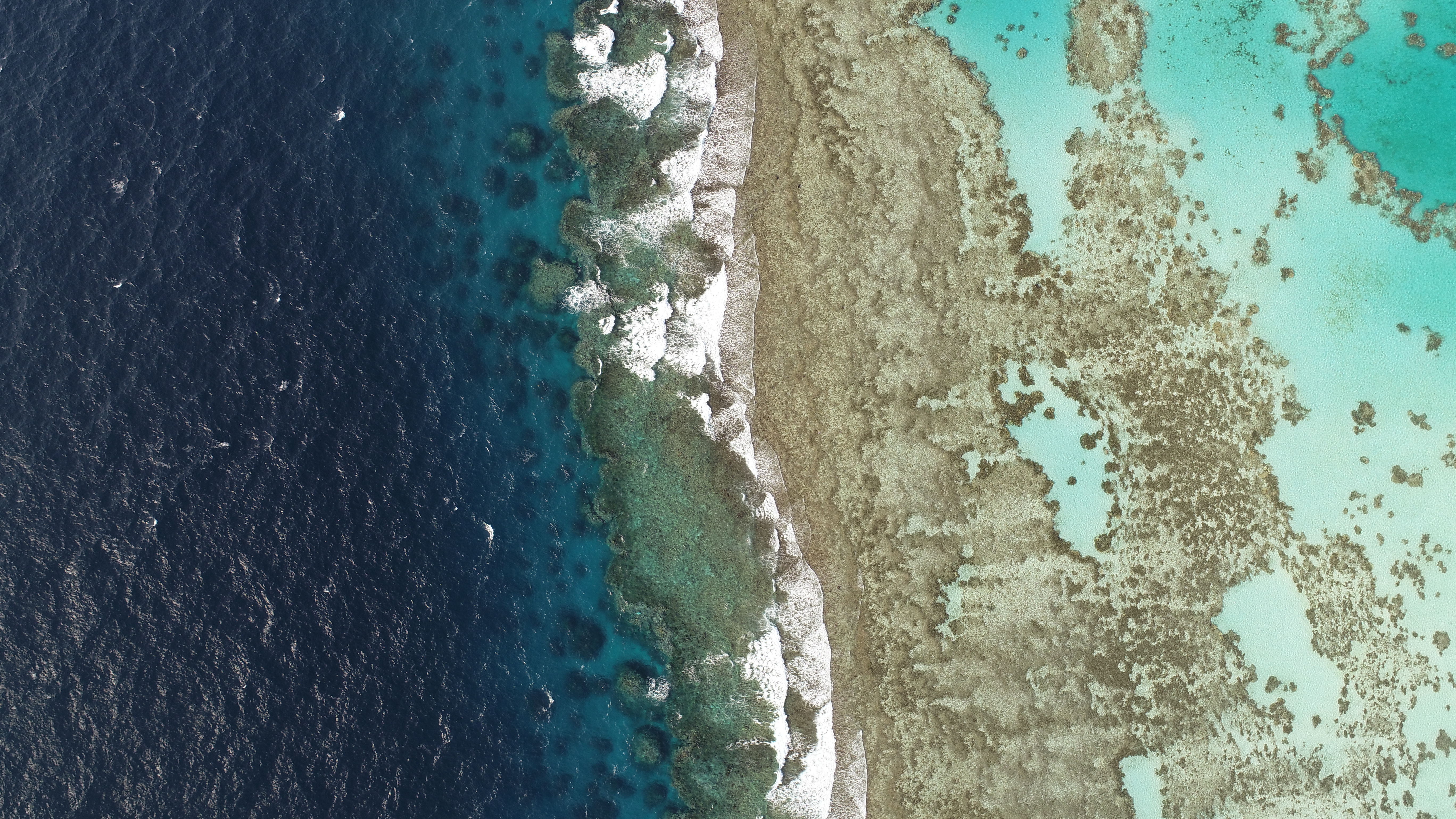Michael has taken a love for water since a very young age, translating to his research interests of the temporal role of the ocean in global climate change. In his undergraduate career at Hamilton College and subsequent position at the United States Geological Survey in St. Petersburg, FL, he studied the various effects of past climate anomalies, using stable oxygen isotopes, Sr/Ca & Mg/Ca ratios, and other various geochemical proxies to understand paleoclimate conditions of the Caribbean. During his junior year, he interned at the Cape Eleuthera Institute in Eleuthera, Bahamas, where he studied the effects of modern global warming on the metabolic processes of economically important mangrove fish species and the effects of oxybenzone on the slime coating of bonefish. At KAUST, he hopes to tackle the problem of future climate change by studying the ability of cyanobacteria to sequester atmospheric CO2 with respect to various fertilization techniques. In his free time, Michael swims, plays water polo and drums and designs aquascaped aquariums.
Michael participated in directed research with the Reef Ecology Lab, his MSc thesis is advised by
Prof. Susana Agusti.

